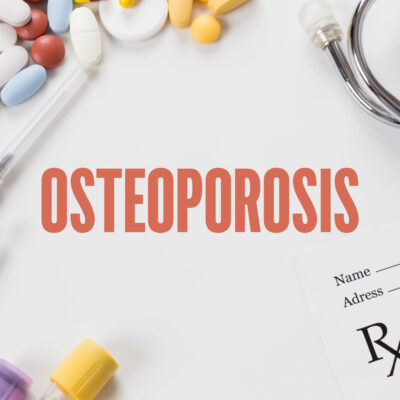
Health
Early Signs of Dementia
Dementia is a general term for a condition. It is a combination of factors that prevent an individual from maintaining a normal life. Aging and genetics are two main causes of dementia. Types of dementia include Alzheimer’s disease and Lewy Body dementia, both of which are the result of protein clumps in the brain, and vascular dementia (damage to the brain’s blood vessels). Below please find some early signs of dementia. 1. Memory loss By itself, memory loss is not necessarily an early sign of dementia. However, when combined with some of the other factors listed below, it is something to monitor. It may manifest itself in short-term loss. As a person ages, they may be able to recall events that happened a long ago but cannot tell what they did an hour ago. The brain’s ability to remember slowly declines over time without dementia so this is more of a dramatic loss. 2. Problem solving difficulties This can be a good indicator of dementia. It essentially is the inability to figure out what to do. It may involve planning a trip or putting together a bookcase. It shows the brain is unable to function in ways it used when performing a task.
Read More 















